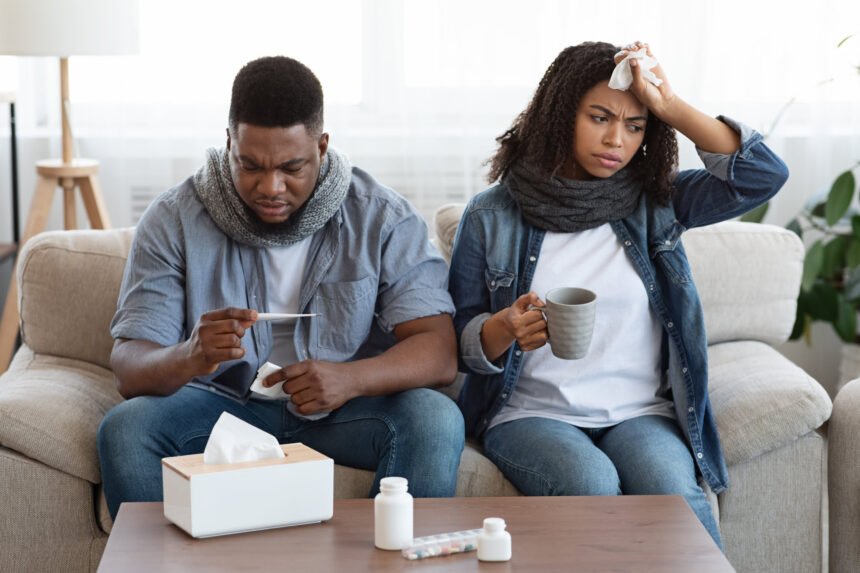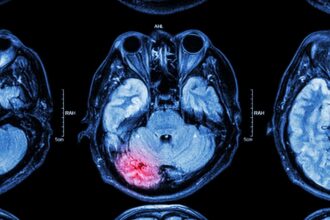The fact that things aren’t nearly as dire as they were in 2020 is certainly worth celebrating. However, it would be slightly inaccurate to state that the worst is over. One simple yet irrefutable proof of this is that a recent study has concluded that the number of COVID cases has stopped falling.
As a result, to ensure that we aren’t caught off guard like we were a few years ago, there are certain tidbits of knowledge we simply need to equip ourselves with. People that are at high risk need to be especially careful. Without a doubt, one of the most important ones is the common signs that come with a COVID infection.
There are a lot of things people have to know about Covid-19, which includes the most common symptoms. While there is a wide range of symptoms that accompany contracting this virus, we’ll be focusing on the twenty (20) major ones here.
20 Major Symptoms of COVID to Know
- High fever temperatures
- Shivering and chills
- Intense coughing or persistent cough
- Dysgeusia (The loss of the ability to taste)
- Intense headaches
- Severe fatigue (Especially in older people)
- Sore throat
- High levels of delirium (Especially in older people)
- Skin rash or skin irritations
- Sore and painful fingers and toes
- Dyspnea (Shortness of breath or trouble breathing)
- Chest pains
- Muscle fatigue and muscle pain
- Cracked or hoarse voice
- Diarrhea, stomach aches, and/or bowel distress.
- Loss of appetite
- Abdominal pains
- Runny nose
- Intense sneezing
- Anosmia (The loss of the sense of smell)
What To Do When You Notice These Symptoms
The first and perhaps most important thing NOT to do is panic. There’s no world in which that makes things better. Rather, at that point, it’s vital to remember that even though most of the symptoms highlighted above have been associated with COVID, there is a wide range of other less severe diseases that can trigger the same signs as well.
So, there’s no harm if you go a step further here by using a trustworthy self-test kit like Flowflex on yourself and consider the results. If that turns out positive, the next thing you need to do is put yourself in self-isolation so that you don’t spread the virus to other people if you don’t live alone.
Again, this is not the time to panic.
There’s no contesting the fact that you’ll likely be very worried here. But, bear in mind that a larger percentage of those who do contract this virus get better on their own. You just need to make sure that you eat well, take in a lot of nutrients and drink plenty of water.
However, if after a few days you notice that the symptoms are intensifying instead of abating, you should make a move to see your doctor!
Bottom Line
COVD is a serious disease. But, when detected early enough, it may be considerably easy to treat. That’s why we recommend that, even if you don’t notice any symptoms, you use a reliable test kit like Flowflex antigen test from time to time, just to be safe.
You’ll know if something’s amiss faster and be able to take the right steps sooner!






